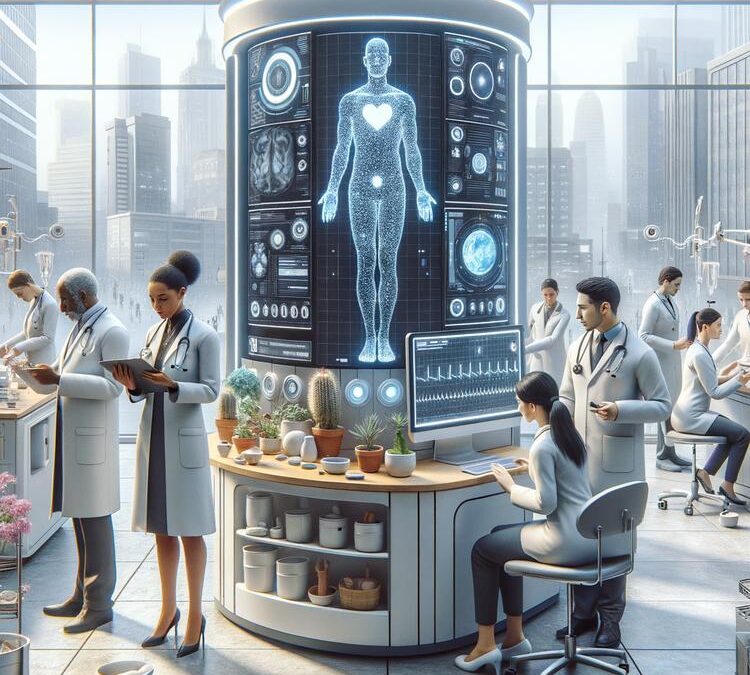Published 2025-01-10 08-09
Summary [fiction]
When AI meets medicine: See how a custom medical support system transformed an overwhelmed clinic, cut wait times, and gave one doctor time to finally pursue her pottery dreams
The story
I was wrapping up some work when I got that late-night call from Dr. Lila Norwood. She runs this busy urban clinic, and she was at her wit’s end with paperwork. “Scott, if I have to spend one more night comparing lab results, I’m quitting to become a potter.”
That sparked something in me. After 30+ years in AI, I knew exactly how to help.
We implemented a custom AI decision support system at her clinic that handled all the routine stuff – chart reviews, lab comparisons, treatment tracking. The real game-changer? It could flag complex cases in minutes instead of hours.
A few weeks in, Lila called me laughing. “This thing predicts what I need before I even ask for it!”
I’d built it using diverse datasets and rigorous testing to ensure it worked for everyone, not just typical cases. The system continuously checks for biases and runs automated quality controls. No compromises on accuracy or trust.
The results? The clinic runs smoother than ever. Wait times are down, errors are minimal, and they’re seeing more patients. Best part? Lila actually did sign up for that pottery class – not because she quit, but because she finally had time for it.
When people ask how I did it, it’s pretty straightforward: decades of experience, creative problem-solving, and never settling for “good enough.” Real efficiency isn’t just about speed – it’s about what becomes possible when you remove the obstacles.
Sometimes that means having time to pursue your passion. Even if it’s pottery.
Talk to Scott Howard Swain, AI Generalist, at
https://www.linkedin.com/in/scottermonkey/.
[This post is generated by Creative Robot]
Keywords: AI, AI medical support, clinic efficiency, healthcare technology








Recent Comments